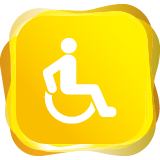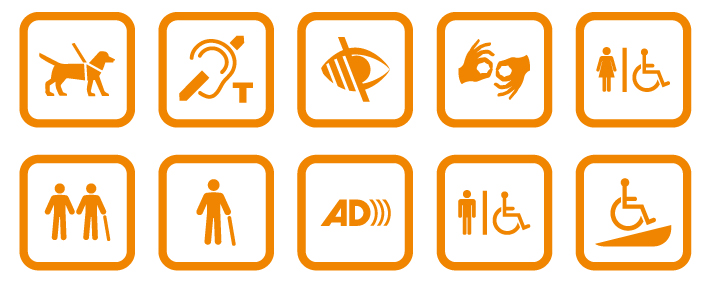 |
CCHU9010 Arts and Humanities
|
[This is a certified Communication-intensive (CI) Course which meets all of the requirements endorsed by HKU’s Senate, including (i) the teaching assessment of written and visual communication ‘literacies’; and (ii) at least 40% of the course grade is assigned to communication-rich assessment tasks.]
Course Description
This course focuses on disability as a social phenomenon and social construct. It engages students to look into the everyday life situations people with disabilities (PWDs) commonly encounter, particularly people with physical disabilities, special educational needs, as well as mental illnesses. Issues that arise from these situations will be examined through the critical lens of sociology, politics, culture, and social policies. Stereotypical images of PWDs, myths and erroneous assumptions about them, and the basis of discrimination against them are major aspects students will reflect upon. They will explore how these attitudes have been shaped by the media, cultural representations, knowledge from medical and social sciences and further obtain an empathetic understanding of PWDs through class activities and direct contact in NGOs or self-help organizations.
By the end of the course, students should be able to appreciate the value of social inclusion and human diversities. They should be equipped to critically identify necessary amendments to be made in related social policies and service provisions and to take individual and collective actions in their future positions for building a more inclusive society.
[There will be a compulsory agency visit scheduled during Reading Week.]

Course Learning Outcomes
On completing the course, students will be able to:
- Explain disability issues through a critical analysis of its definitions in a verbal/visual/written format. Students should move away from the purely medical model to a human rights perspective and the social model of disabilities.
- Identify the social, political, biological and cultural determinants of social exclusion related to disabilities in a verbal/visual/written format.
- Demonstrate understanding of the experiences of persons with disabilities and reflect on the personal values and societal issues of social inclusion in a verbal/visual/written format..
- Express an understanding of the family issues, educational concerns, and psychosocial aspects of the disability experience in a verbal/visual/written format.
- Recognize the basis of discrimination and necessary changes for social inclusion of human diversities in a verbal/visual/written format.
- Critically examine the related social policies and service provisions and identify the changes necessary to build up a barrier-free society in a verbal/visual/written format.
Offer Semester and Day of Teaching
Second semester (Wed)
Study Load
| Activities | Number of hours |
| Lectures | 24 |
| Tutorials | 8 |
| Fieldwork / Visits (incl preparation) | 8 |
| Reading / Self-study | 20 |
| Assessment: Essay / Proposal writing | 40 |
| Assessment: Presentation (incl preparation) | 40 |
| Assessment: Reading review | 10 |
| Total: | 150 |
Assessment: 100% coursework
| Assessment Tasks | Weighting |
| Participation | 35 |
| Tutorial presentation | 20 |
| Group project | 30 |
| Review of articles | 15 |
Required Reading
Tutorial one
- Labour and Welfare bureau. (2020). Persons with Disabilities and Rehabilitation Programme Plan. Paper for Legislative Council Panel on Welfare Services. LC Paper No. CB(2)1371/19-20(01). Hong Kong. From https://www.legco.gov.hk/yr19-20/english/panels/ws/papers/wscb2-1371-1-e.pdf
Tutorial two
- Ma, G. Y. K., & Mak, W. W. S. (2016). Caregiving-specific worry, affiliate stigma, and perceived social support on psychological distress of caregivers of children with physical disability in Hong Kong. American Journal of Orthopsychiatry, 86(4), 436-446.
Tutorial three
- Leung, C., Chan, S., Lam, T., Yau, S., & Tsang, S. K. M. (2016). The effect of parent education program for preschool children with developmental disabilities: A randomized controlled trial. Research in Developmental Disabilities, 56, 18-28.
Tutorial four
- Tse, S. (2017). Shared decision making in mental health care settings: Perspective, purpose and practice. World Psychiatry, 16(2), 158-160.
Course Co-ordinator and Teacher(s)
| Course Co-ordinator | Contact |
| Dr S.K.M. Tsang Department of Social Work and Social Administration, Faculty of Social Sciences |
Tel: 3917 1090 Email: sandratsang@hku.hk |
| Teacher(s) | Contact |
| Dr S.K.M. Tsang Department of Social Work and Social Administration, Faculty of Social Sciences |
Tel: 3917 1090 Email: sandratsang@hku.hk |

